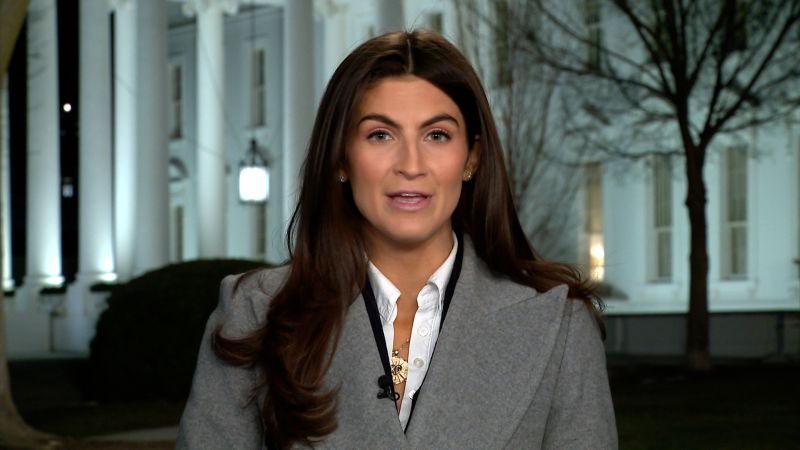Trump's Security Clearance Revoked: Ex-Aides Sound Alarm

In a dramatic escalation of tensions within the Trump administration's inner circle, President Trump has taken the unprecedented step of revoking security clearances for two of his most prominent former top officials, Mike Pompeo and John Bolton. CNN's Kaitlan Collins reports that this move is sending shockwaves through the ranks of Trump's former staffers, raising questions about potential retaliation and political maneuvering.
The decision to strip these high-profile national security figures of their security clearances appears to be more than just a routine administrative action. It signals a deepening rift between the former Secretary of State, Pompeo, and the former National Security Advisor, Bolton, and the president they once served loyally.
Former administration insiders are watching closely, sensing the potential implications of this unprecedented move. The revocation of security clearances could not only impact these individuals' future consulting and advisory roles but also send a chilling message to other former Trump administration officials who might be considering speaking out or writing about their experiences.
As the political fallout continues to unfold, the incident underscores the increasingly personal and volatile nature of Trump's relationships with his former top advisors, leaving many to speculate about the potential long-term consequences of this high-stakes political drama.

